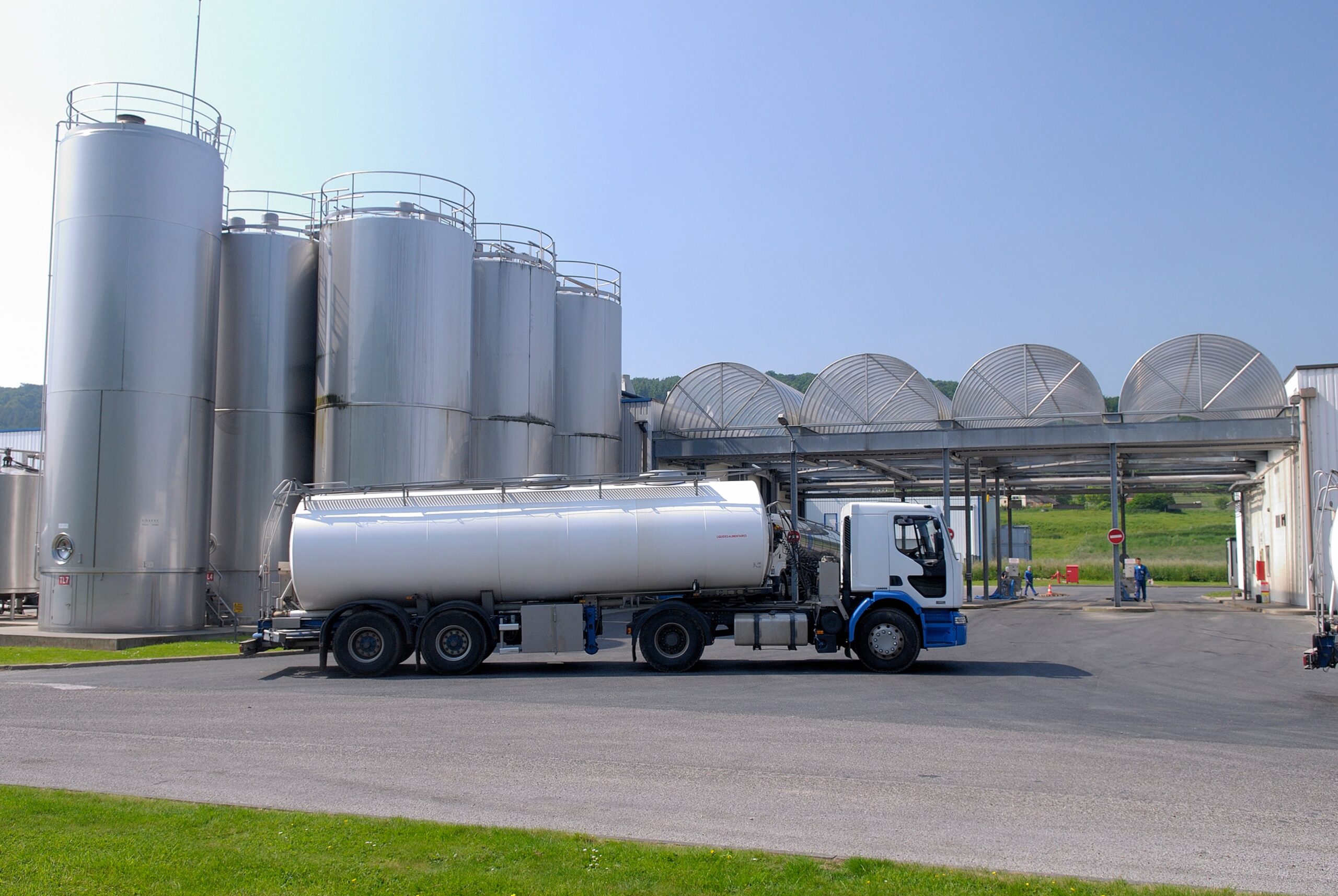Within a company, interoperability between different systems and applications is a key element in process optimization. In logistics, the importance of interoperability cannot be underestimated. By promoting better communication and interaction between digital applications and services, interoperability helps to increase efficiency in real time, while reducing costs.
Understanding interoperability in logistics
The key principles of interoperability
In logistics, interoperability is based on two fundamental principles: the ability to exchange data between systems and applications, and the ability to use this data consistently and efficiently.
Imagine the building materials industry, where many elements are constantly in motion, from raw materials to finished products. Every step in the process generates data, from receipt of raw materials to delivery of finished products to customers. This is where interoperability comes in. For example, a mobile application used by a truck driver to signal the arrival of a load of cement can send this data to a back-office management system. The system can then automatically trigger a series of actions, such as preparing for unloading, notifying warehouse staff, etc.
The impact of digital transformation on interoperability
With the advent of the Internet of Things and the proliferation of applications in the logistics field, interoperability has become all the more important. Transport companies, for example, can now track vehicle movements in real time, obtain parcel data and even carry out transactions, all from a single application. However, without interoperability, this data would remain compartmentalized and its potential untapped.
The benefits of interoperability in logistics
Improved efficiency and cost savings
One of the main benefits of interoperability in logistics is improved efficiency. By enabling seamless communication between systems and applications, interoperability facilitates data exchange, avoiding redundancies and errors. This translates into lower costs and faster processes, with a positive impact on results.
Enhanced communication and collaboration between logistics players
Interoperability also strengthens collaboration between logistics players. Whether for freight transport or urban logistics, real-time data exchange between different entities (transport companies, customers, suppliers, etc.) enables better coordination and faster decision-making.
Agility and adaptability
In a sector as dynamic as logistics, agility is essential. Interoperability enables companies to adapt quickly to changes in demand or unforeseen events. For example, if a point B in the supply chain encounters a problem, interoperable data enables the problem to be quickly identified and the chain reconfigured to minimize disruption.
Improved visibility and tracking
With interoperability, plant managers can have a complete overview of their supply chain. Digital identification systems, such as RFID and QR codes, combined with the Internet of Things, enable goods to be accurately tracked along their entire journey, from warehouse to delivery.
The impact of technology and the Internet of Things on interoperability
Technological progress and the advent of the Internet of Things (IoT) have transformed the way industries operate, and the logistics sector is no exception. Modern information technologies have enabled interoperability on a scale never seen before.
The Internet of Things, in particular, has been a key factor in improving interoperability. IoT devices collect and transmit data in real time, enabling unprecedented visibility into logistics operations. IoT sensors can track the location of goods, monitor transport conditions such as temperature and humidity, and even predict wear and tear on transport vehicles. This data is then shared between different systems, increasing interoperability.
How does flow management software promote interoperability?
Flow management software can play a central role in interoperability. With its ability to integrate and manage data from a variety of sources, this type of software facilitates data exchange and ensures data consistency. Thanks to technologies such as digital identification (RFID, QR codes), these systems enable goods to be tracked and managed efficiently throughout the supply chain.
Conclusion
Interoperability is an essential element of modern logistics. By promoting data exchange and collaboration between the various players involved, it helps to optimize processes, reduce costs and improve service. In this context, the use of appropriate, well-designed flow management software is a valuable asset.











